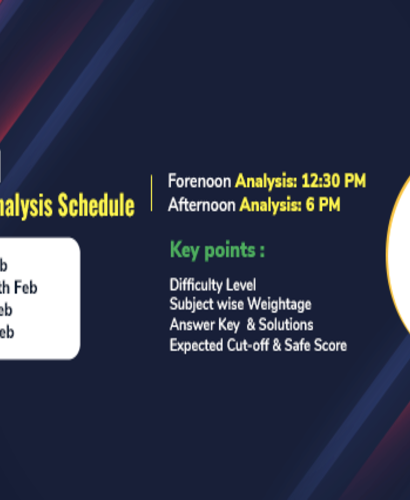Who is a business analyst?
The Business analytics Industry is currently at quite a nascent stage in terms of reach and awareness. However, the complicated nature of modern markets demands higher efficiency and adaptability from businesses. The need for hi-tech help has never been higher. Predictability and meticulously detailed planning of every aspect according to those predictions is becoming absolutely necessary. A business analyst should possess a holistic knowledge of the structure and function of a business along with skills with statistics and data science. A business analyst fills in the gap between commerce and data analytics.
Unfortunately, there is no available “definition” of the role and a mass awareness seems far fetched! Generally, a business analyst is responsible for,
- Predicting the trends of the market by data analysis.
- Look for flaws and weak links in processes and policies
- Optimizing products according to organizational and market demands
- Devising a secure strategy, keeping in mind the nature of changing markets
And many other aspects of problem-solving for the businesses even before a problem arises.
Preparing for the role
Due to very little awareness, institutional Business analytics training is not widely available in the country. But a willing individual can, however, find the right place with a little effort.
It is better to find a job providing at-work training and certification. It pays and teaches at the same time, probably the best kind of hands-on training with real responsibilities. But without a strong foundation of statistics and data management gaining at work training remains impossible. Someone with the designation of a BA should have a working knowledge of data analysis, in this case, business data analysis and machine languages like R and python. Hence, an understanding of the “Big-Picture” is important in terms of market, commerce and data.
Learn-from-home courses can also be an option for enthusiasts willing to pursue the career of a business analyst. A straight course of action can be to look for courses with not only business-related training but also training programmes in data science and machine languages. By simply checking out multiple institutes and faculty one can get a clear understanding of the same.
Clearly, a business analyst should have the bookish and logical training and experience in bridging the gap between data analysis and business.
Building up a network
Those who are already living their dream of succeeding as business analysts are often a good source of guidance. The pieces of information regarding how they made it in the industry can be really helpful while choosing a new path.
Even before enrolling in a training program, it is better to have a little chat with the seniors. Alumni of an institute can provide deep insight regarding the inner workings of the organization. And they can show the right direction to look at after passing out as well.
Narrow down on a specific type of business and skills
It is impossible to know everything. Hence, tuning your business analytics skills for a particular business or a family of businesses is always beneficial. It increases the wise distribution of resources and knowledge alongside the chances of getting hired.
Diversification and variation are not bad at all but a strong professional foundation in a particular area is what recruiters,, look for. It is always better to give the best to what you have than having a variety of experiences with compromisable quality.
Analyse the demand
Having a clear conception of what recruiters look for in potential employees always helps in the preparation process. Landing a decent living becomes a lot easier when training and interests are aligned with normative demands. A business analyst is expected to work for increasing the efficiency of processes of a business. Data of all the aspects, from logistics to sales are considered the part and parcel of the role. Additional expectations include making sense of consumer data and help the business to optimize the end-user experience of a service or product.
Different kinds of business might present different kinds of demands regarding products and processes.
Plan the next step
The next step should surely involve growth, stability and security. For these advanced factors of an already sustained career diversification and rapid improvisation is necessary. Focus is important for initial success. But variation and diversification are what increases survivability.
For example, a business analyst in the tourism business should be ready at any given time to shift to maybe the pharmaceutical industry! A difficult feat to achieve but not impossible. A strong sense of professionalism and a good grip on the skills can make it happen in no time.












